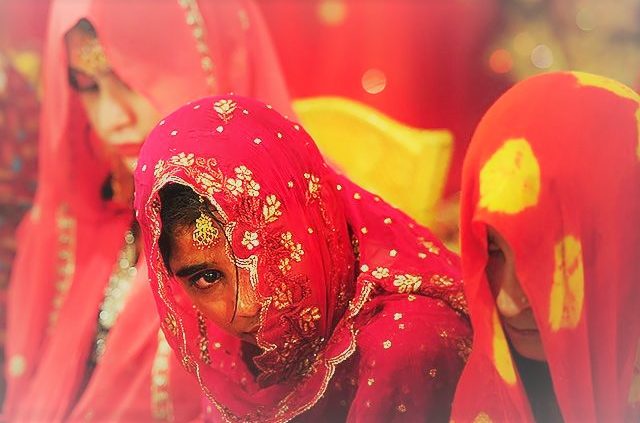News Desk
In a landmark decision, Lahore High Court Justice Shahid Karim recently ruled the Punjab Province’s Child Marriage Act of 1929 as discriminatory. The verdict, issued on April 15, came in response to a petition filed by Azka Wahid, who sought amendments to the law to address harmful gender distinctions.
In the current state, the act sets the legal marriage age at 18 for boys and 16 for girls, a differentiation that Wahid argued violated Pakistan’s constitutional guarantee of equal rights for men and women.
The ruling has sparked a wave of calls for legislative reform and stricter enforcement of existing laws aimed at protecting women and girls.
Human Rights Activists Samuel Pyara, argues that the lack of implementation of laws safeguarding women’s rights, including those related to child marriage, is a pressing issue that requires urgent attention from the government. He also stressed upon the importance of not only enacting laws but also ensuring their effective implementation to address systemic issues of discrimination and gender-based violence.
Pointing at the key concerns, Women and Child Rights Activist, Shireen Aslam articulates, on the role of Pakistan’s Islamic clergy in perpetuating underage marriages, particularly affecting minority girls from Christian and Hindu communities. Further she argues that religious leaders often oppose legislative measures aimed at combating forced conversions and child marriages, further exacerbating the challenges faced by vulnerable populations, especially women from religious minorities.
Advocate of Women Rights, Zara Amoon, underscored the need for the government to prioritize the protection of minority rights and address complaints of forced religious conversions. She emphasized that issues such as forced conversions and child marriages are fundamentally human rights issues and should not be framed as religious matters. She urged authorities to criminalize forced conversions and take decisive action against perpetrators, regardless of their religious affiliations.
Despite ongoing advocacy efforts and calls for reform, challenges persist for religious minorities in Pakistan. The country’s ranking as the seventh most difficult place to be a Christian, according to Open Doors’ 2024 World Watch List, underscores the severity of the situation. As activists continue to push for legislative changes and greater protection for women and girls, the government faces mounting pressure to address systemic issues of discrimination and ensure equal rights for all citizens, regardless of their faith affiliations.


